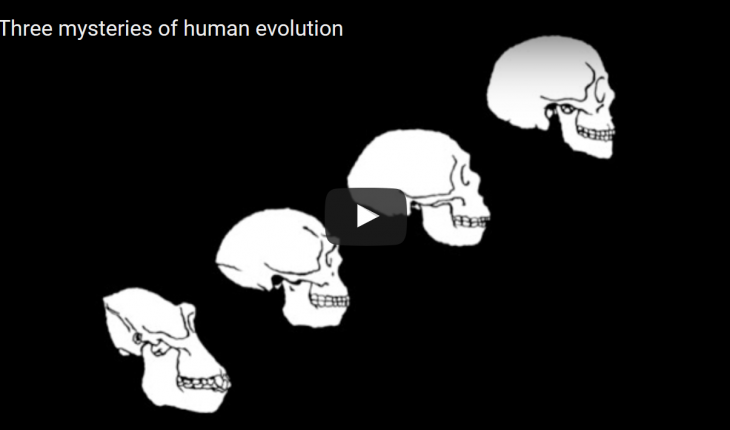Although a lot is known about the history of human beings and our ape-like origins, many evolutionary questions remain a mystery.
We still aren’t really sure why we walk on two legs, why we don’t have fur, and where our big brains come from. A new video from New Scientist’s Explanimator lays out some of the main theories behind how we came to be human, and all we still have left to learn.
Very little is known, for example, about why humans became bipedal. One theory, originally put forth by Darwin, was that humans needed to free their hands for the use of tools, but fossils show our hominid ancestors started walking upright almost two million years before tools were used. Other potential reasons include being able to more easily spot predators and traveling faster, but nobody knows for sure which advantages drove the evolutionary change.
Explanimator explores these theories and contradictions in the video, and the biggest mystery of all: why humans continued to evolve when our fellow hominids became extinct. With these questions remaining, and scientists making new discoveries about Homo sapiens all the time, it’s clear we still have a lot to learn about ourselves.




